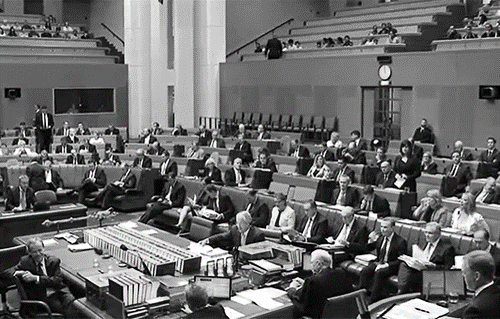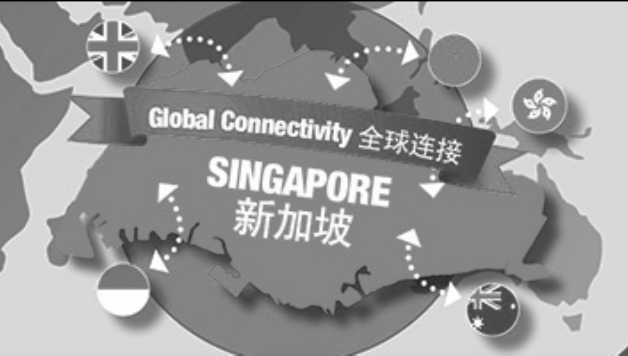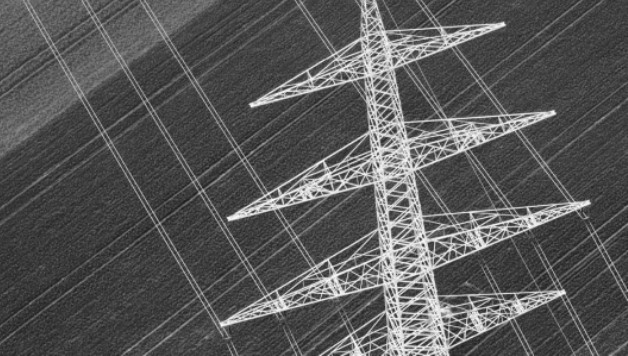On 15 November 2016, the ACCC commenced its second criminal cartel prosecution, this time against Japanese-based shipping company Kawasaki Kisen Kaisha (K-Line).
The prosecution comes approximately four months after the ACCC commenced its first ever criminal cartel prosecution against Nippon Yusen Kabushiki Kaisha (NYK) (see our previous post here). Both prosecutions relate to alleged cartel conduct in connection with the international shipping of vehicles to Australia between July 2009 and September 2012.
This latest prosecution is of course significant, but for the reasons set out below may not ultimately change the deterrence landscape in Australia.
We will however be watching very closely. As detailed further below, the fact that the Commonwealth Director of Public Prosecutions (CDPP) commenced the K-Line prosecution in the Local Court (rather than the Federal Court where the NYK prosecution is on foot), and that K-Line has not yet entered a plea, may suggest that the proceedings will be contested.
A contested criminal cartel case would be a real test of the criminal cartel provisions and provide a much better basis for assessing any increased deterrent effect of the criminal cartel laws, but it is too early to tell if this case will be the watershed moment that we have been waiting for.
No great changes as yet
The precise details of the charges against K-Line are not yet publically available, but we understand that the ACCC alleges that K-Line committed 37 offences in contravention of section 44ZZRG(1) of the Competition and Consumer Act 2010 (Cth) (CCA), which prohibits a corporation from giving effect to a cartel provision.
As was the case for the NYK prosecution:
- K-Line will not be exposed to any greater financial penalties that would have existed under the long-serving civil regime;
- K-Line’s prosecution will not result in any executives being sentenced to prison (one of the key deterrents highlighted in the push for criminal sanctions), as the ACCC has only prosecuted the corporation; and
- K-Line has already been prosecuted in the US for the same conduct, where it pleaded guilty in relation to cartel conduct and agreed to pay a $67.7 million criminal fine. One of K-Line’s executives was also extradited from Japan to the US and sentenced to 18 months in prison. Australia is one of a number of jurisdictions which has commenced criminal prosecutions of ocean shipping companies following the US Department of Justice’s investigation and convictions.
Apples to apples?
From a legal perspective, there are two differences between the ACCC’s prosecutions of NYK and K-Line that are particularly interesting:
- The CDPP commenced the K-Line prosecution in the Downing Centre Local Court in Sydney, whereas the NYK prosecution was commenced and remains on foot in the Federal Court. At first glance, this may appear a strange choice, given the Federal Court’s recent work to introduce a National Practice Area for “Federal Crime and Related Proceedings” and develop comprehensive Federal Court (Criminal Proceedings) Rules. While the Federal Court’s jurisdiction over prosecutions for offences under the CCA is exclusive in most respects, the Local Court retains jurisdiction with respect to the examination and commitment for trial on indictment of offenders charged with offences against the laws of the Commonwealth (including the cartel offences in the CCA), under section 163 of the CCA and section 68 of the Judiciary Act 1903 (Cth).
- NYK pleaded guilty at the first court hearing of the case on 18 July 2016. Even though the first hearing of the case was on 15 November 2016, we understand that K-Line has not yet entered a plea.
These two observations suggest that K-Line may intend to defend the charges.
What’s next?
In the K-Line prosecution, the ACCC has been ordered to serve a brief of evidence by 27 December 2016 and the matter is next listed before the Local Court on 7 February 2017 for reply.
The next event in the NYK prosecution is the sentence hearing, which is listed for a two day hearing on 11 and 12 April 2017 before the Federal Court in Sydney.
We will continue to watch both prosecutions with great interest.








